Illusion of Self

I have made my notes about these articles, removing scientific experiments which have boring details. I am writing based on my notes. It is a long read but worthy one...
What are you?
As you wake up each morning, hazy and disoriented, you gradually become aware of the rustling of the sheets, sense their texture and squint at the light. One aspect of your self has reassembled: the first-person observer of reality, inhabiting a human body.
As wakefulness grows, so does your sense of having a past, a personality and motivations. Your self is complete, as both witness of the world and bearer of your consciousness and identity. You.
This intuitive sense of self is an effortless and fundamental human experience. But it is nothing more than an elaborate illusion. Under scrutiny, many common-sense beliefs about selfhood begin to unravel. Some thinkers even go as far as claiming that there is no such thing as the self.
The one and only you
Three beliefs about the self are absolutely fundamental for our belief of who we are. First, we regard ourselves as unchanging and continuous. This is not to say that we remain forever the same, but that among all this change there is something that remains constant and that makes the "me" today the same person I was five years ago and will be five years in the future.
Second, we see our self as the unifier that brings it all together. The world presents itself to us as a mixture of sights, sounds, smells, mental images, recollections and so forth. In the self, these are all integrated and an image of a single, unified world emerges.
Finally, the self is an agent. It is the thinker of our thoughts and the doer of our deeds. It is where the representation of the world, unified into one coherent whole, is used so we can act on this world.
All of these beliefs appear to be blindingly obvious and as certain as can be. But as we look at them more closely, they become less and less self-evident.
It would seem obvious that we exist continuously from our first moments in our mother's womb up to our death. Yet during the time that our self exists, it undergoes substantial changes in beliefs, abilities, desires and moods. The happy self of yesterday cannot be exactly the same as the grief-stricken self of today, for example. But we surely still have the same self today that we had yesterday.
Yet our whole way of living relies on the notion that we are unchanging, coherent and autonomous individuals. The self is not only a useful illusion, it may also be a necessary one.
Think back to your earliest memory. Now project forward to the day of your death. It is impossible to know when this will come, but it will. What you have just surveyed might be called your "self-span", or the time when this entity you call your self exists.
What is it about a mere arrangement of matter and energy that gives rise to a subjective sense of self? It must be a collective property of the neurons in your brain, which have mostly stayed with you throughout life, and which will cease to exist after you die. But why a given bundle of neurons can give rise to a given sense of selfhood, and whether that subjective sense can ever reside in a different bundle of neurons, may forever remain a mystery.
You think you live in the present?
Our brains create our own version of reality to help us make sense of things. But this means we're living outside time.
It seems obvious that we exist in the present. The past is gone and the future has not yet happened, so where else could we be? But perhaps we should not be so certain.
Sensory information reaches us at different speeds, yet appears unified as one moment. Nerve signals need time to be transmitted and time to be processed by the brain. And there are events – such as a light flashing, or someone snapping their fingers – that take less time to occur than our system needs to process them. By the time we become aware of the flash or the finger-snap, it is already history.
Our experience of the world resembles a television broadcast with a time lag; conscious perception is not "live". This on its own might not be too much cause for concern, but in the same way the TV time lag makes last-minute censorship possible, our brain, rather than showing us what happened a moment ago, sometimes constructs a present that has never actually happened.
What are we to do?
"Let yourself go" now has a whole new meaning, but there are fewer things harder to let go of. Our concept of ourselves as individuals in control of our destinies underpins much of our existence, from how we live our lives to the laws of the land. The way we treat others, too, hinges largely on the assumption that they have a sense of self similar to our own.
So it is a shock to discover that our deeply felt truths are in fact smoke and mirrors of the highest order. What are we – whatever it is we are – to do?
First of all, keep it in perspective. Much of what we take for granted about our inner lives, from visual perception to memories, is little more than an elaborate construct of the mind. The self is just another part of this illusion.
And it seems to serve us well. In that respect, the self is similar to free will, another fundamental feature of the human experience now regarded by many as an illusion. Even as the objective possibility of free will erodes, our subjective experience of it remains unchanged: we continue to feel and act as though we have it.
The same will surely be true about the self. The illusion is so entrenched, and so useful, that it is impossible to shake off. But knowing the truth will help you understand yourself – and those around you – better.

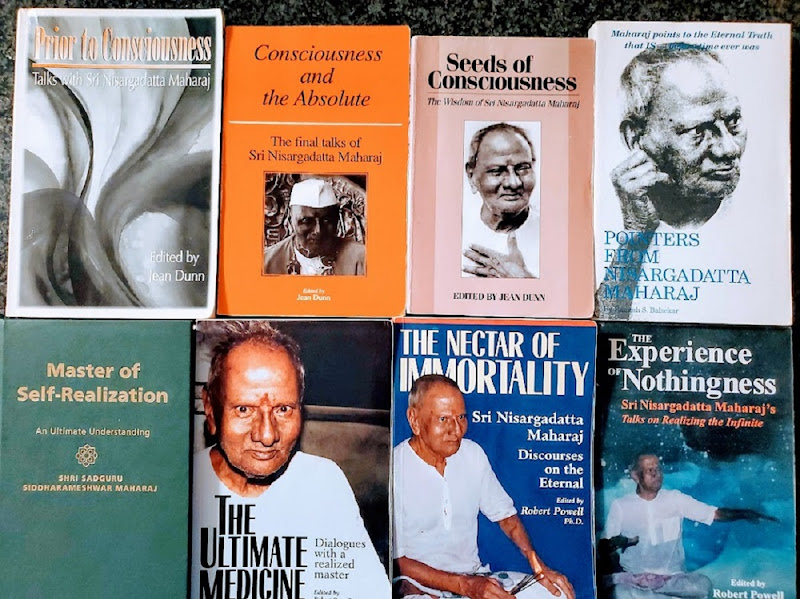

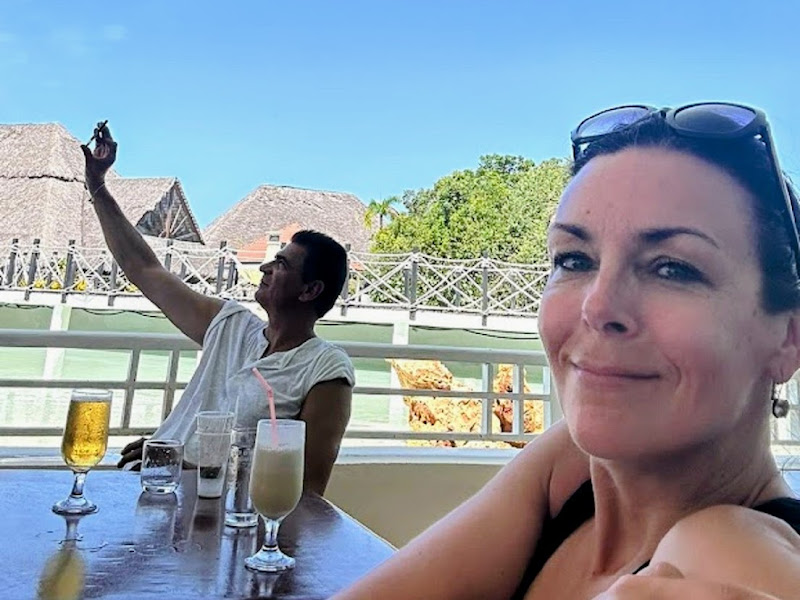


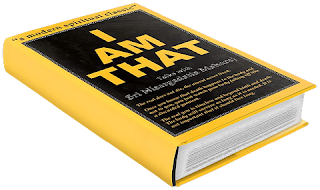

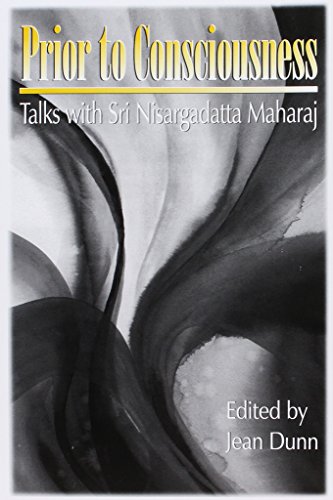

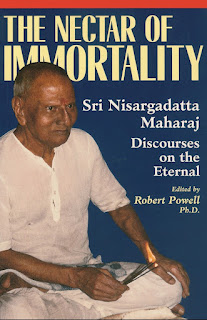
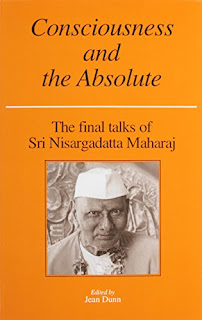
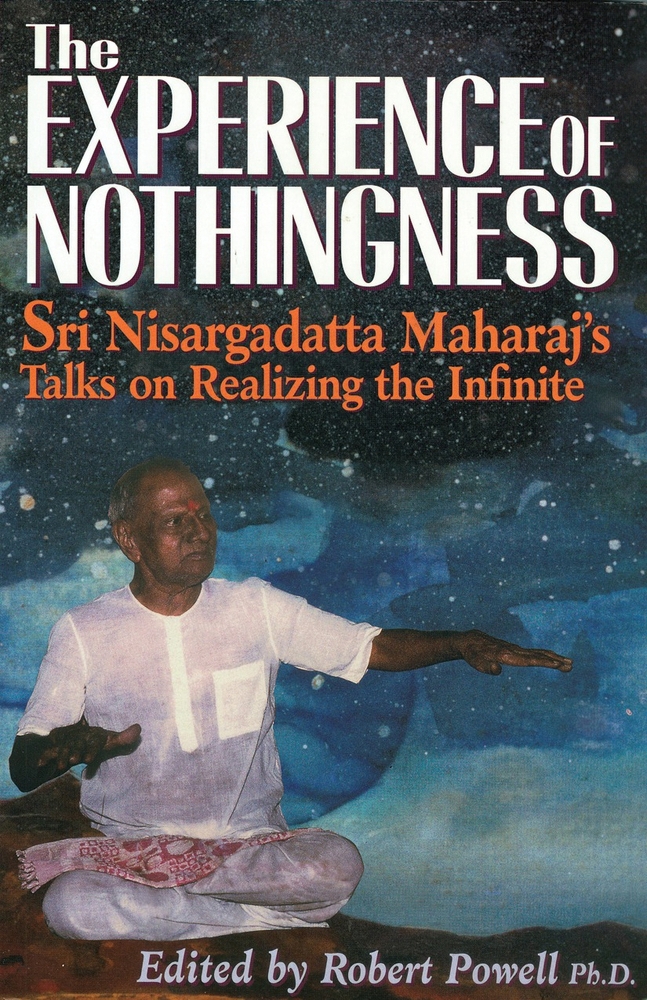
Opinions 0
Add a Comment